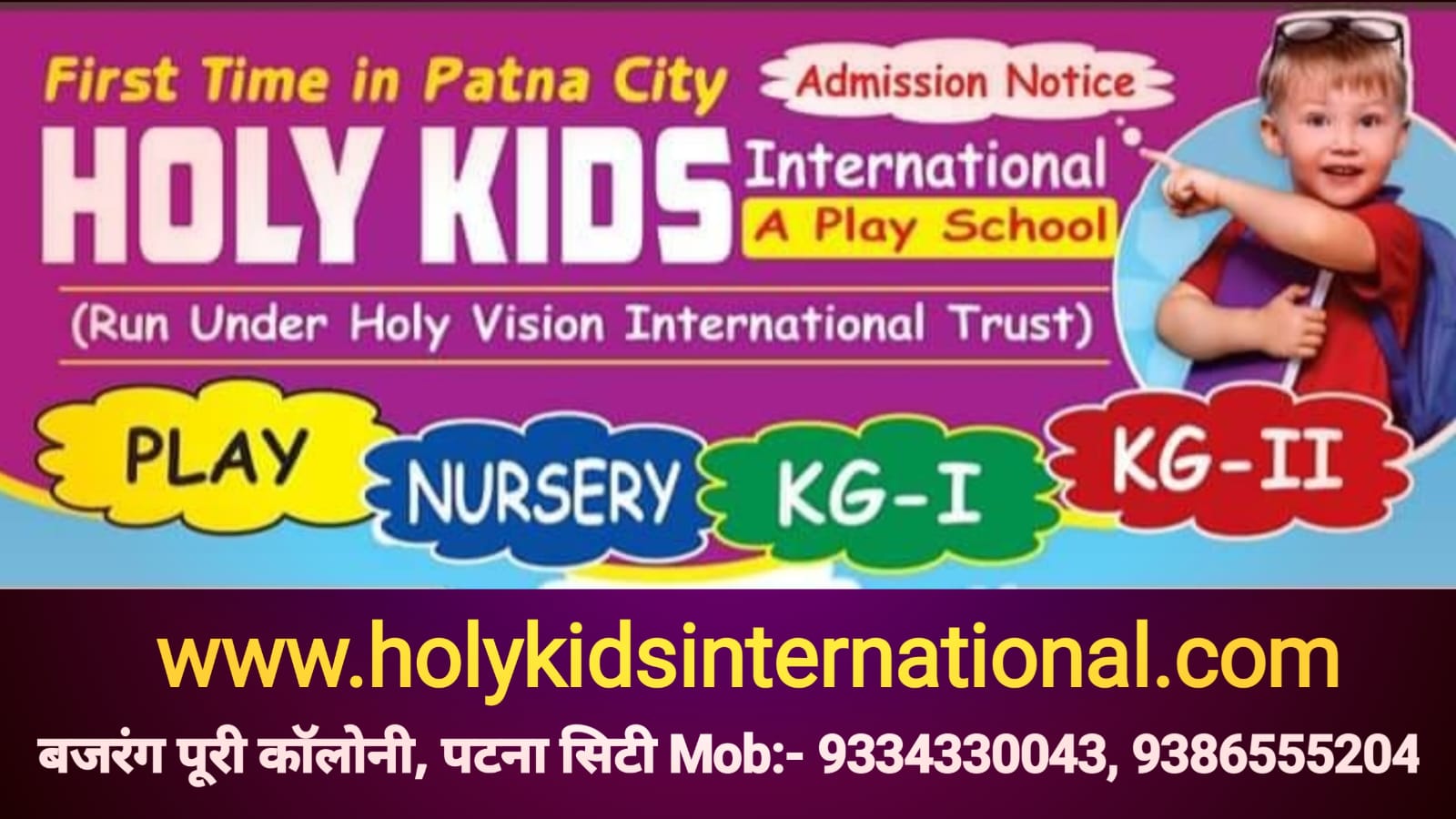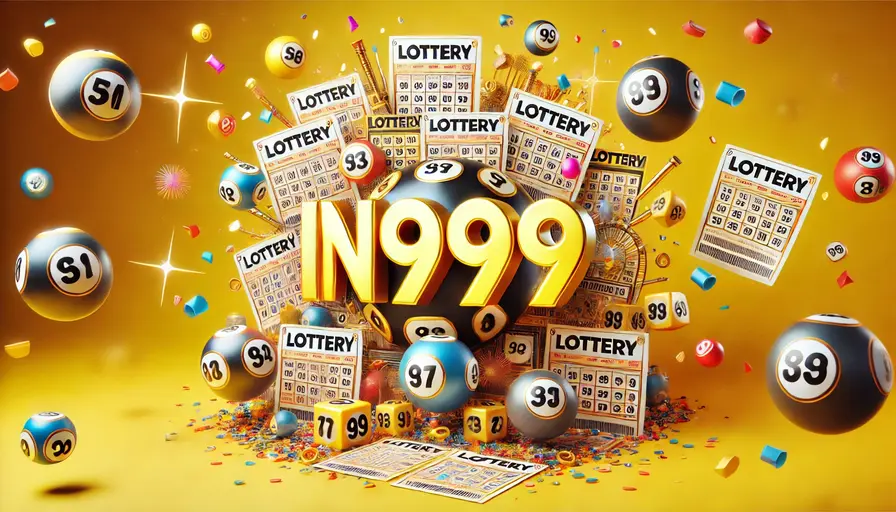Crafting Effective Promotion Campaigns in 999 – Copy
In the ever-evolving landscape of marketing, crafting effective promotion campaigns is essential for businesses to thrive. In the year in 999, the world was vastly different than it is today, yet the principles of effective marketing remain timeless. Whether you’re promoting a product, service, or brand, understanding how to connect with your target audience, creating compelling messaging, and utilizing the right channels are crucial components of any successful campaign. This article delves into the strategies and tactics that can help businesses craft effective promotional campaigns, exploring methods that have stood the test of time and remain relevant today.
Understanding the Historical Context of Marketing
Marketing has been an integral part of commerce since ancient times, evolving significantly over the centuries.

The Evolution of Marketing Practices
In the year 999, commerce was primarily conducted through barter systems and local trade. Merchants would travel from town to town, promoting their goods through word-of-mouth and demonstrations. As societies progressed, so did the complexity of marketing practices.
The introduction of written language allowed for the creation of signs and advertisements, which were crucial for merchants looking to attract customers. These early forms of marketing laid the groundwork for contemporary promotional strategies, emphasizing the importance of clear communication and visibility.
The Role of Community in Promotions
In many communities during this period, relationships played a pivotal role in commerce. Trust and reputation were paramount, as customers relied heavily on recommendations from friends and family when making purchases. Businesses operated on the concept of community engagement, where local events and gatherings served as platforms for vendors to showcase their offerings.
Understanding this historical context allows modern marketers to appreciate the value of building relationships and fostering community connections. Today’s promotion campaigns can benefit from the same principles, focusing on authenticity and trust-building as core elements.
Lessons from Ancient Marketing Techniques
Examining ancient marketing techniques reveals valuable lessons for today’s promotional strategies. For instance, simplicity and clarity in messaging resonated well with audiences back then, a principle that holds true today. Effective promotions should communicate the unique value proposition succinctly, avoiding jargon and complexity.
Furthermore, using storytelling to connect with potential customers can be traced back to these early trading practices. People have always been captivated by stories; hence, integrating narratives into promotional campaigns can enhance engagement and drive conversions.
See more: in999
Key Components of an Effective Promotion Campaign
Crafting effective promotion campaigns involves several key components that work synergistically to achieve desired outcomes.
Market Research: Understanding Your Audience
Market research is the foundation of any successful promotional campaign. It involves gathering insights about your target audience, including their preferences, behaviors, demographics, and pain points.
Conducting surveys, interviews, and focus groups can provide invaluable data that informs your strategy. By understanding who your audience is, you can tailor your messaging and choose the right channels to reach them effectively.
Defining Clear Objectives
Setting clear objectives for your promotion campaign is crucial. What do you want to achieve? Whether your goal is to increase brand awareness, drive website traffic, or boost sales, having specific, measurable objectives helps guide your campaign’s direction.
Using the SMART criteria (Specific, Measurable, Achievable, Relevant, Time-bound) can assist in formulating these objectives. For example, instead of saying, “We want to sell more products,” a SMART objective would be, “We aim to increase online sales by 20% within three months.”
Crafting Compelling Messaging
Messaging is at the heart of any promotion campaign. Your message should resonate with your target audience, addressing their needs and desires while clearly articulating the benefits of your offering.
Utilizing persuasive language and emotional triggers can enhance the impact of your messaging. Storytelling can also play a significant role here; sharing relatable anecdotes or customer testimonials can create a deeper connection with potential buyers.
Selecting the Right Channels
Once you have a clear understanding of your audience and messaging, the next step is to select the appropriate channels for your promotion campaign. Different platforms appeal to varying demographic segments, so aligning your campaign with the right channels is essential.
Digital marketing has expanded possibilities dramatically, providing various options such as social media, email marketing, content marketing, search engine optimization (SEO), and pay-per-click advertising. Each channel has its own set of advantages and challenges, so choosing wisely based on your objectives and audience is crucial.
Implementing Your Promotion Campaign
Bringing your promotion campaign to life requires careful planning and execution.
Creating a Comprehensive Campaign Plan
A comprehensive campaign plan serves as a roadmap for your promotional efforts. It should outline each stage of the campaign, from pre-launch activities to post-campaign analysis.
Include timelines, budget allocations, and responsibilities for team members. Having a clear plan ensures everyone is aligned and accountable, increasing the likelihood of achieving your campaign goals.
Launching the Campaign
When launching your promotion campaign, timing is critical. Consider factors such as industry trends, seasonality, and audience availability. A well-timed launch can significantly enhance the effectiveness of your campaign, maximizing reach and engagement.
Utilize teasers or countdowns leading up to the launch to build anticipation. Engaging your audience prior to the actual campaign can create buzz and excitement, making them more likely to participate once the campaign goes live.
Monitoring and Adjusting in Real-Time
As your campaign unfolds, monitoring its performance is vital. Use analytics tools to track key metrics, such as engagement rates, conversion rates, and return on investment (ROI).
Being able to analyze real-time data allows for quick adjustments if something isn’t working as intended. Flexibility is crucial; adapt your approach based on what resonates most with your audience. Continuous testing and optimization can lead to better results and higher levels of satisfaction among your target audience.
Post-Campaign Analysis
After your campaign concludes, it’s essential to conduct a thorough analysis to evaluate its success. Review the objectives you set at the beginning and assess whether they were met. Analyze data collected during the campaign, identifying strengths and weaknesses.
Gather feedback from team members and stakeholders to gain insights into the execution process. Learning from past campaigns enables continuous improvement, ensuring future efforts are even more effective and impactful.
Leveraging Technology for Promotion Campaigns
In modern marketing, technology plays a significant role in enhancing the effectiveness of promotion campaigns.
The Impact of Social Media
Social media platforms have revolutionized how businesses connect with consumers. They provide a dynamic space for brands to engage with their audience, share content, and promote products directly.
Utilizing social media tools like targeted ads can significantly increase the visibility of your promotions. Platforms such as Facebook, Instagram, Twitter, and LinkedIn offer unique features that allow for segmented targeting, enabling you to reach specific groups based on interests and behaviors.
Automation Tools for Efficiency
Automation tools streamline various aspects of promotion campaigns, from email marketing to social media posting. These tools save time and reduce manual effort, allowing marketers to focus on strategy rather than repetitive tasks.
Email automation, for example, allows businesses to send personalized messages to subscribers based on their behaviors and interactions. Automated workflows can nurture leads, ensuring potential customers receive timely information that guides them along their buying journey.
Analyzing Data with Advanced Analytics
Data analytics is a powerful tool for measuring the success of promotion campaigns. With advanced analytics, businesses can track user behavior, measure engagement, and gain insights into what works best.
Leveraging these insights allows for informed decision-making. Understanding customer preferences and patterns aids in refining your marketing strategies, enabling more effective targeting and personalization in future campaigns.
The Role of Content Marketing
Content marketing complements promotional campaigns by providing valuable information to your audience. Well-crafted blog posts, videos, infographics, and other content types can attract and engage consumers, establishing your brand as a thought leader in your industry.
Integrating content marketing with your promotional efforts enhances credibility and builds trust. Consumers are more likely to engage with brands that provide helpful information and resources, making it easier to convert them into loyal customers.
FAQs
What are the initial steps in crafting a promotion campaign?
The initial steps include conducting market research to understand your audience, defining clear objectives, and crafting compelling messaging. These foundational elements will guide the rest of your campaign.
How can I measure the success of my promotion campaign?
Success can be measured through various key performance indicators (KPIs) such as engagement rates, conversion rates, and overall return on investment (ROI). Setting clear objectives beforehand makes measurement easier.
What role does social media play in promotion campaigns?
Social media allows businesses to engage directly with their audience, promote their offerings, and share valuable content. It is an invaluable tool for reaching broad audiences and driving conversions.
How important is post-campaign analysis?
Post-campaign analysis is crucial for understanding what worked and what didn’t. It offers insights that inform future campaigns, helping marketers refine their strategies for better outcomes.
Can I automate my promotion campaigns, and how?
Yes, automation tools can streamline various aspects of your campaigns, such as email marketing and social media posting. These tools save time and ensure consistent engagement with your audience.
Conclusion
Crafting effective promotion campaigns, even in the context of the historical year 999, provides valuable lessons for contemporary marketers. From understanding the importance of community and relationships to leveraging technology, the fundamental principles of marketing remain consistent. By engaging in thorough market research, setting clear objectives, crafting compelling messaging, and utilizing the right channels, businesses can create impactful promotional campaigns that resonate with their audience. The evolution of marketing practices reminds us that while the tools may change, the core goal remains the same: to connect with customers and provide them with valuable offerings.




